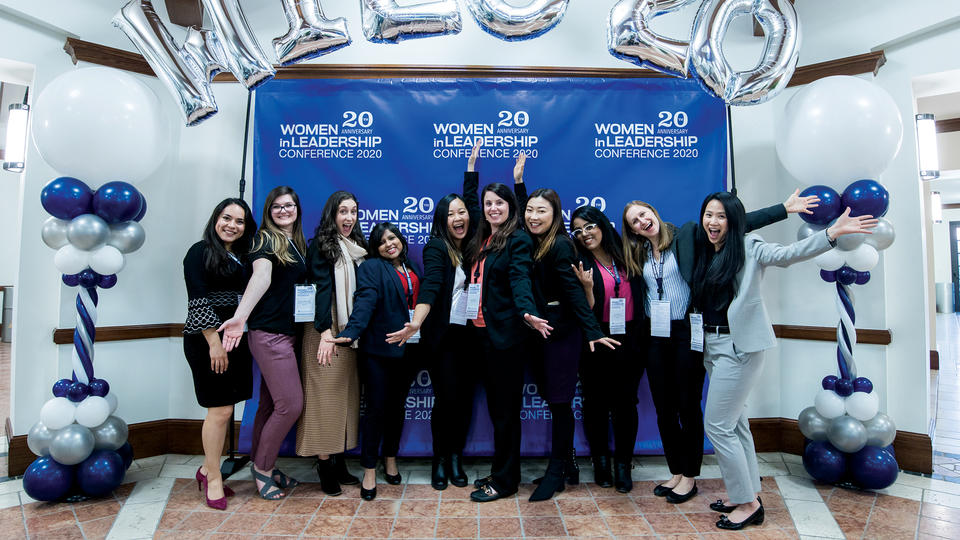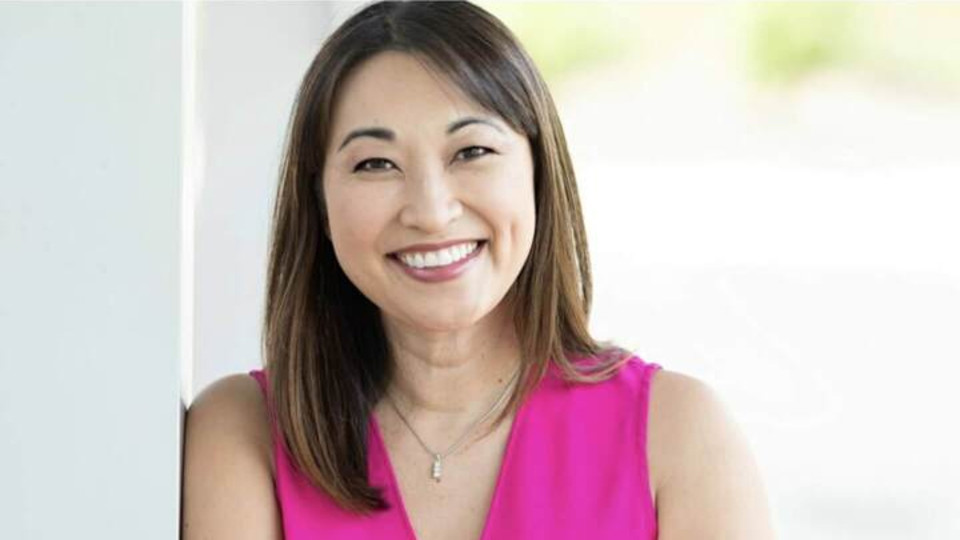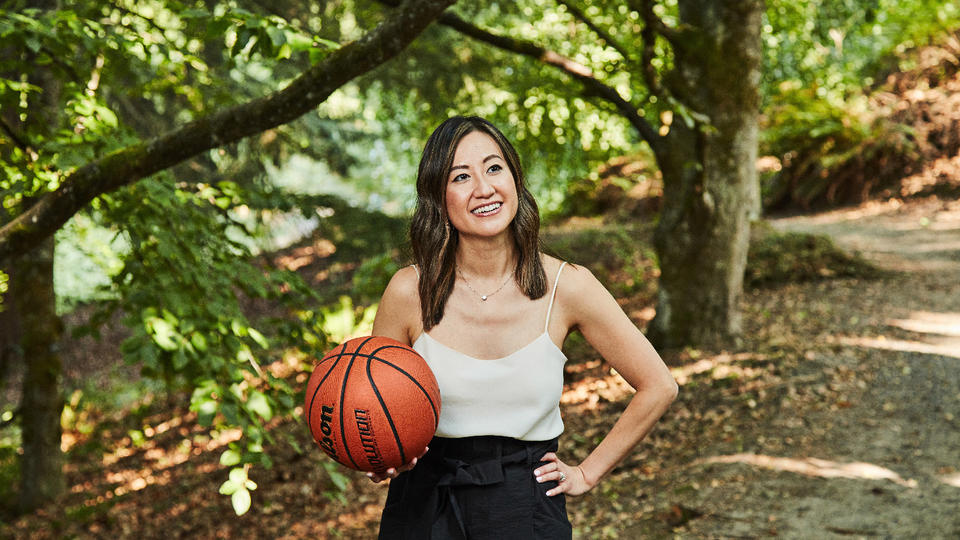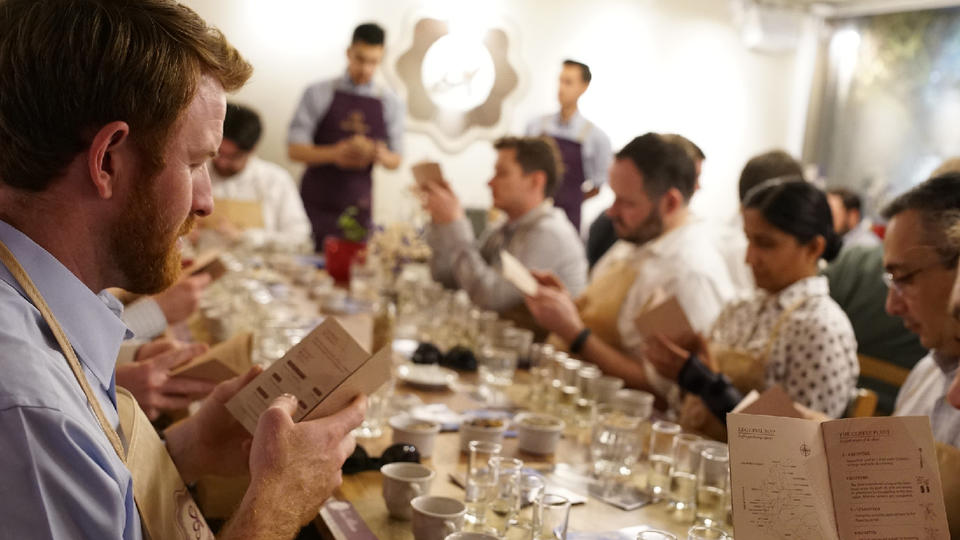Chidi Igweh '22
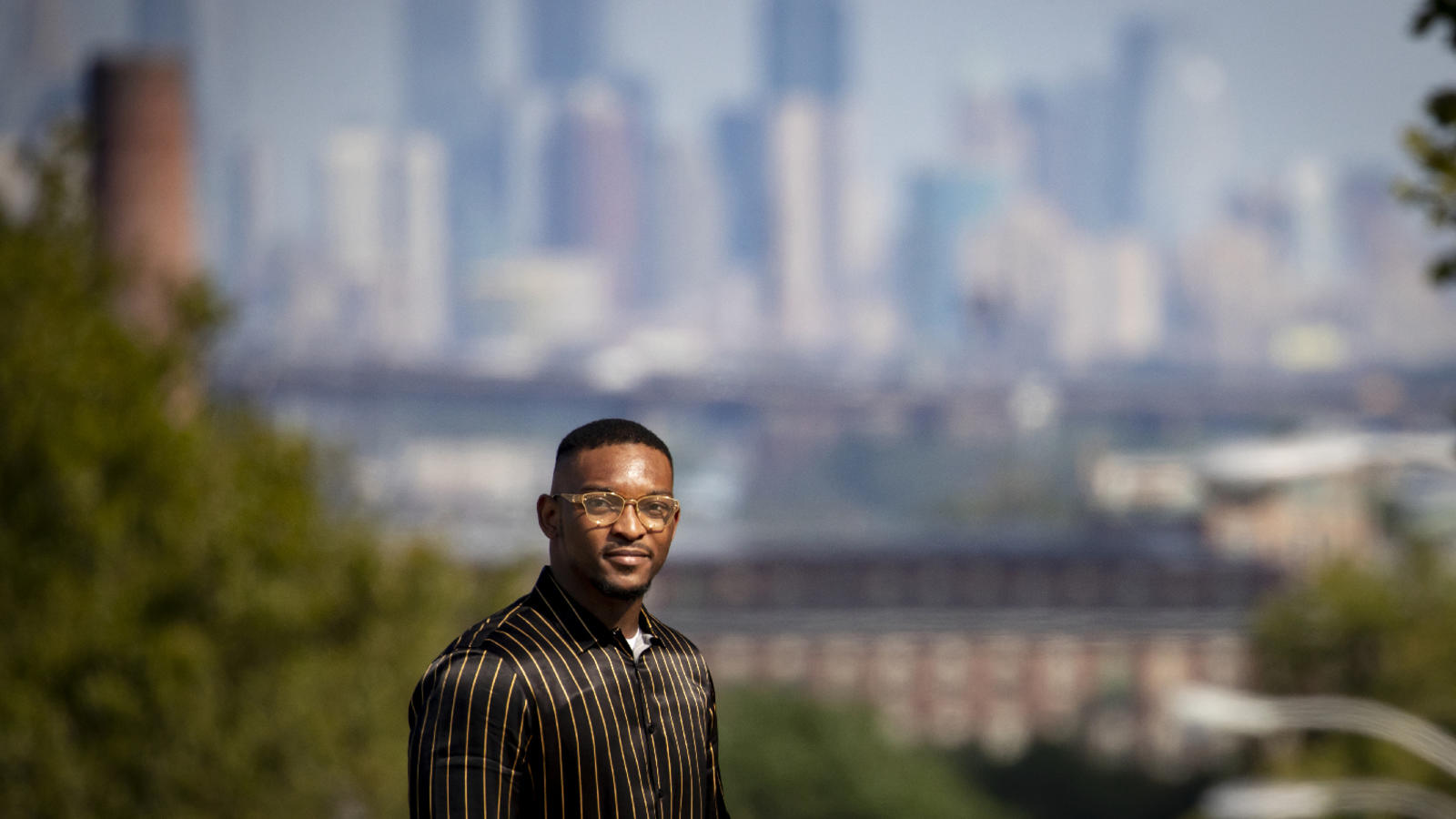
What Chidi Igweh ’22 is gaining from the MBA@Rice program
There’s a lot of technology that is missing in developing countries, in veterinary medicine and in human medicine. My experience in both areas could help create a bridge to support those people. Being at Rice gives me the support to do those things.
Chidi Igweh, MBA@Rice ’22
Animals were Chidi Igweh’s first love. Growing up on his family’s livestock farm in Nigeria, he’d help his father care for the animals — and he gave them names. “For me, they were all pets,” he says. “The chickens were pets; the goats were pets. For my brothers they probably were the product, but for me, it was personal. The animals were part of us and needed to be taken care of.”
In the 1990s, however, tragedy struck: Newcastle disease, a deadly poultry virus, spread across Africa. There was no treatment. Farmers could only watch helplessly as their livelihood was destroyed. Entire farms were wiped out, including Igweh’s. The senseless loss inspired him to become a veterinarian, which he did, eventually opening his own practice in Lagos along with a dog-breeding business. Four years later, however, he suffered another loss: One of his dogs got cancer, but because of limited diagnostic and treatment options, he once again found himself powerless to help her. “She died, and that kind of broke me,” he said. “I decided to study engineering and help create diagnostic kits for developing countries. In the U.S., you have diagnostic, treatment and management tools in veterinary care. The drugs are available here, and staff that understand oncology. Those things hadn’t made it to Nigeria.”
He came to the U.S. and earned a master’s degree in biomedical engineering from the University of Bridgeport, then took a job at Johnson & Johnson, where he delivers strategic advice about the company’s medical devices to healthcare practitioners. But he realized that to really make a difference in medicine — human or veterinary — he’d need a sophisticated understanding of the business side. “I started to realize there are ways to manage healthcare apart from the technical side. There are options like investment: finding out who has a great idea and needs funding for it,” he says. “As an investment banker, for example, I could identify a medical device that could solve a problem, and I could have influence enough to direct funds to support that business and maybe help developing countries in the long term.”
He decided to pursue his MBA at Rice Business partly because of the school’s deep ties to the healthcare industry. And because he lives and works in Newark, New Jersey, he chose the MBA@Rice program. The surprise for him has been how connected he feels to his classmates and professors, even though the program is virtual. “I feel like this program is teaching me about life — I wasn’t expecting that,” he says. “Strategic communication or even managerial economics — those things affect your life, your personal life, as well. You can use them in every part of your life.”
This new path could lead him to investment banking with a focus on medical technology — or perhaps enable him to start his own business one day. “I think if I were to own my own business, it would be animal-care related,” he says. “It could be creating a diagnostic center for animals using the latest equipment — basically helping vets use modern equipment, especially in cancer detection. I’d want to focus on the animals, and focus on disease prevention, to solve problems before they happen."
